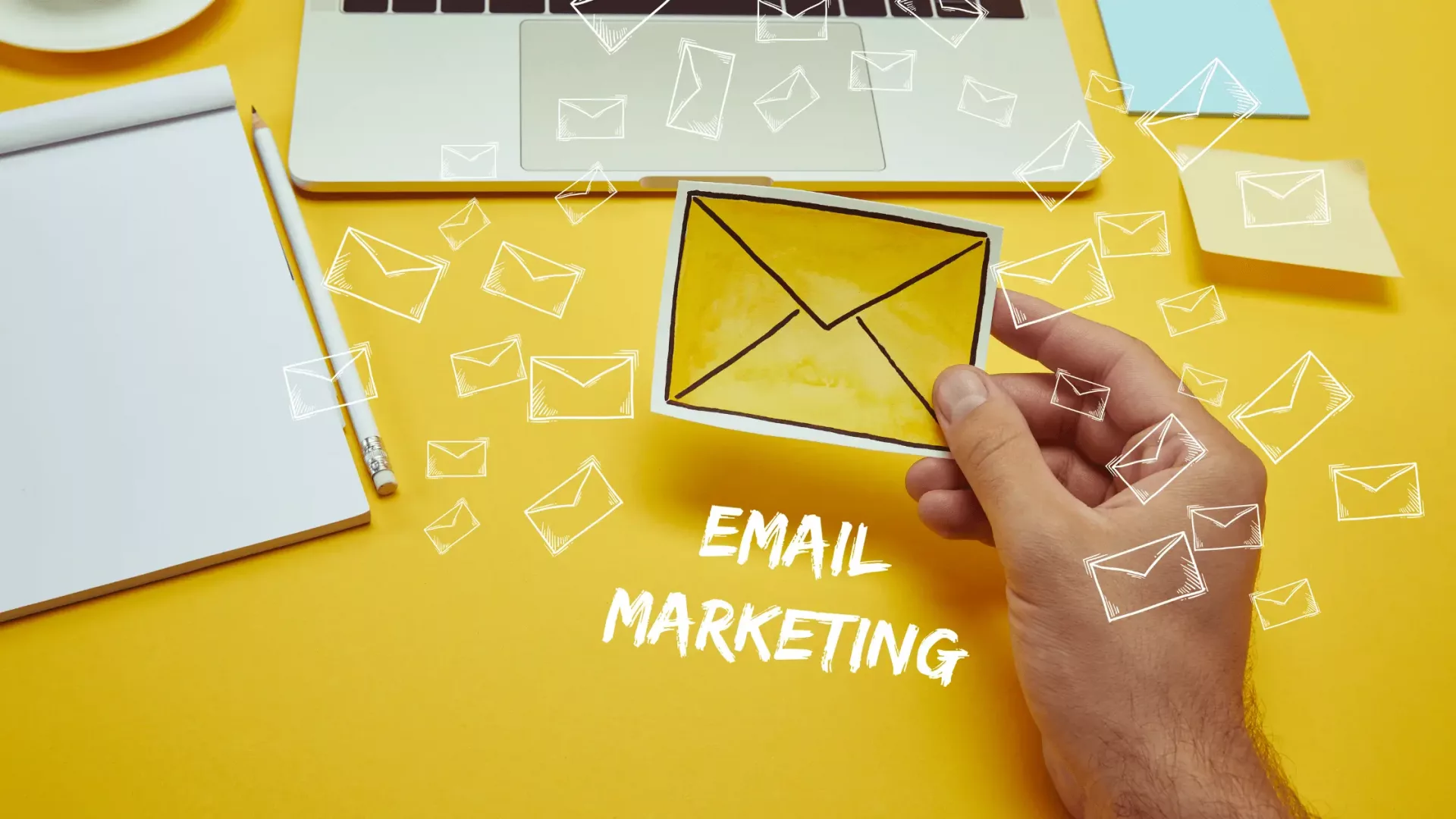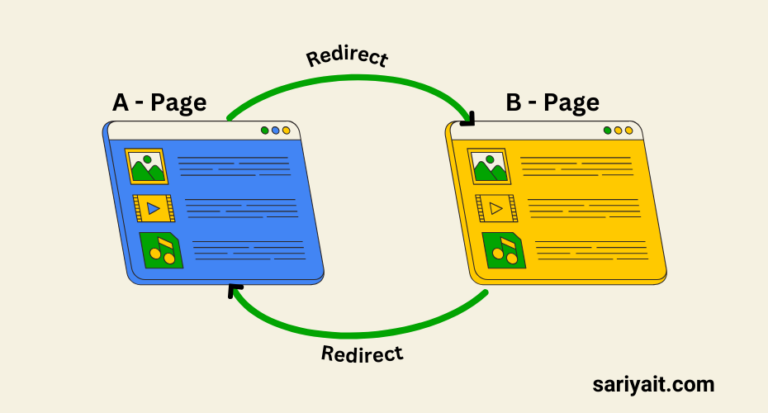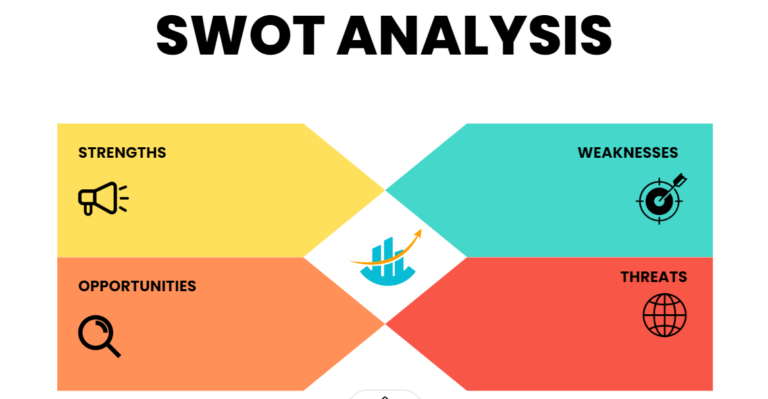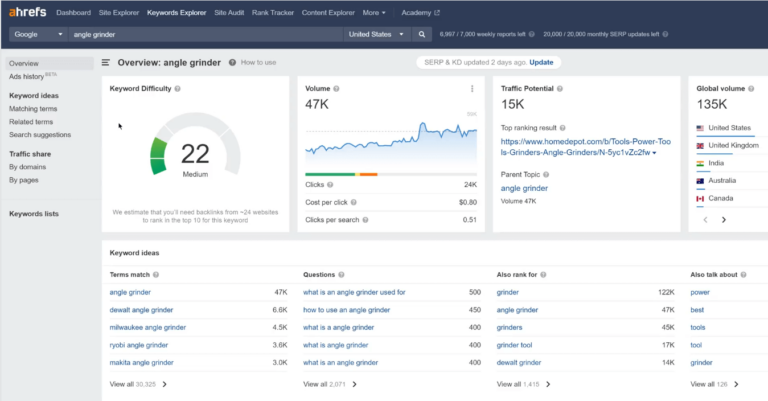Email marketing remains one of the most effective marketing strategies that businesses can adopt. Whether you are targeting B2B or B2C markets, understanding the importance of email marketing can help you boost sales, improve customer relationships, and grow your brand. Here’s why email marketing is crucial for every business, large or small.
Table of Contents
1. Cost-Effective Marketing
Compared to traditional media channels like TV, radio, or print, email marketing is extremely cost-effective.
With minimal cost involved, businesses can send emails to their target audience without spending large amounts on other advertising forms.
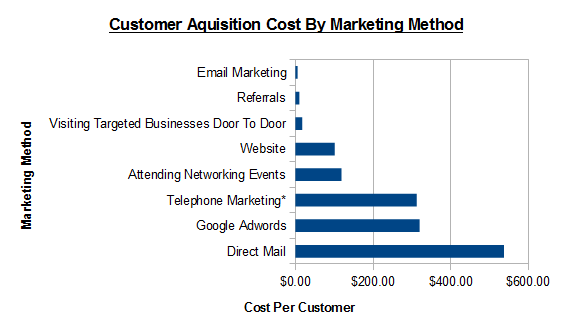
Platforms like Litmus, Vertical Response, and Platinum Marketing Email help businesses run email marketing campaigns at low costs, making it perfect for startups or small businesses.
2. Direct Communication with Your Target Audience
Emails allow you to directly communicate with your audience.
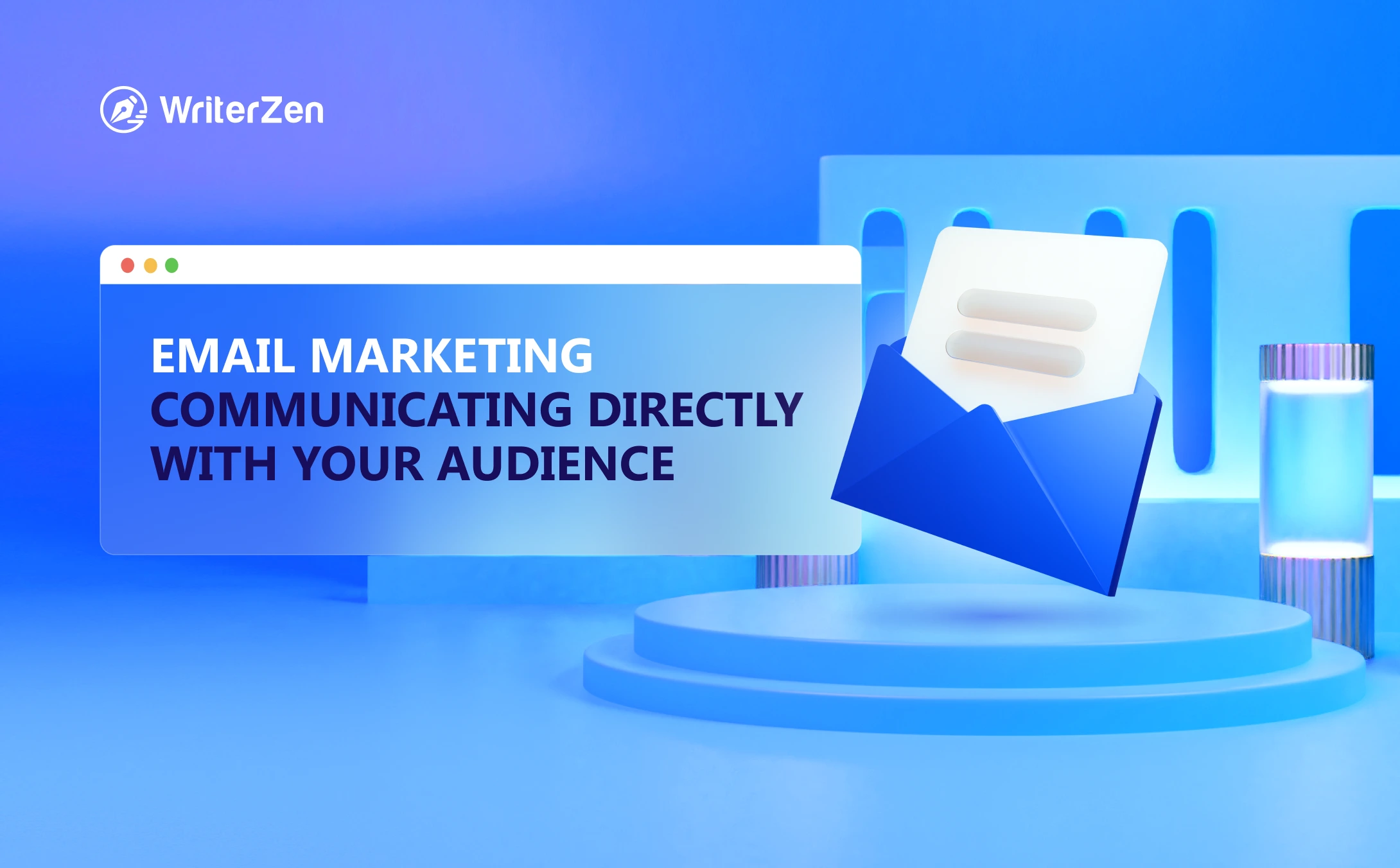
Unlike social media, where posts may get lost in the feed, email marketing ensures your message lands directly in your subscribers’ inbox, providing a more personal form of communication.
Email marketing tools and platforms ensure this message is tailored to the target audience based on their needs and preferences.
3. Highly Targeted Campaigns
With email marketing, businesses can segment their email list and send tailored messages to specific groups.
Whether it’s buyers personas or segmented based on interest level, this targeting improves the conversion rates.

Understanding your audience’s behavior and preferences allows for personalized content, increasing the likelihood of your customers opening, clicking, and taking action.
4. Increased Customer Engagement
Engaging customers through emails is one of the greatest advantages of email marketing. Regular updates, offers, and calls to action help keep customers engaged.
Using tools to monitor click-through rates, open rates, and unsubscribed rates, businesses can track engagement levels and optimize email campaigns accordingly.
| Industry | Open Rates | Click-Through Rates | Click-To-Open Rates | Unsubscribe Rates |
| Advertising & Marketing | 20.5% | 1.8% | 9.0% | 0.2% |
| Agriculture, Forestry, Fishing, Hunting | 27.3% | 3.4% | 12.5% | 0.3% |
| Consumer Packaged Goods | 20% | 1.9% | 11.1% | 0.1% |
| Education | 28.5% | 4.4% | 15.7% | 0.2% |
| Financial Services | 27.1% | 2.4% | 10.1% | 0.2% |
| Restaurant, Food & Beverage | 18.5% | 2.0% | 10.5% | 0.1% |
| Government & Politics | 19.4% | 2.8% | 14.3% | 0.1% |
| Healthcare Services | 23.7% | 3.0% | 13.4% | 0.3% |
| IT/Tech/Software | 22.7% | 2.0% | 9.8% | 0.2% |
| Logistics & Wholesale | 23.4% | 2.0% | 11.7% | 0.3% |
| Media, Entertainment, Publishing | 23.9% | 2.9% | 12.4% | 0.1% |
| Nonprofit | 26.6% | 2.7% | 10.2% | 0.2% |
| Other | 19.9% | 2.6% | 13.2% | 0.3% |
| Professional Services | 19.3% | 2.1% | 11.1% | 0.2% |
| Real Estate, Design, Construction | 21.7% | 3.6% | 17.2% | 0.2% |
| Retail | 17.1% | 0.7% | 5.8% | 0.1% |
| Travel, Hospitality, Leisure | 20.2% | 1.4% | 8.7% | 0.2% |
| Wellness & Fitness | 19.2% | 1.2% | 6.0% | 0.4% |
| Average Totals | 21.5% (+3.5%) | 2.3% (-0.3%) | 10.5% (-3.6%) | 0.1% (-) |
In turn, this leads to better relationships and encourages repeat business.
5. Trackable Results
One of the most valuable aspects of email marketing is its ability to provide measurable results. With email marketing tools, businesses can track metrics like open rates, click-through rates, and bounce rates.
This helps businesses understand the effectiveness of their campaigns and adjust strategies for better ROI.
Knowing your metrics ensures that businesses can adjust their email marketing strategy to improve future results.
6. Increased Sales and Revenue
Email marketing can directly drive sales. With the right email marketing strategy, businesses can send targeted offers, personalized product recommendations, and time-sensitive promotions.
This increases the likelihood of conversion. For example, using lead nurturing tactics in the consideration stage of the buying cycle can convert prospects into paying customers.
7. Building Strong Customer Relationships
By regularly sending personalized and relevant content through emails, businesses can strengthen their relationships with customers.

Offering exclusive updates, birthday discounts, or loyalty programs through email campaigns makes customers feel valued.
This fosters trust, which is crucial for long-term success, especially in competitive industries.
8. Automation and Time Efficiency
Using email marketing tools like Vertical Response, Litmus, and other email marketing platforms, businesses can automate their campaigns.

Scheduling and drafting emails in advance saves time, ensuring that campaigns are sent at optimal times.
Automated email campaigns also ensure that businesses stay engaged with prospects throughout their buying cycle, even if the lead is still in the consideration stage.
Conclusion
Email marketing offers numerous benefits, from cost-effective campaigns to building lasting customer relationships. Whether you’re running an email campaign for lead nurturing or just providing regular updates, it is a powerful tool for any business. The ROI from email marketing is proven, and with the right email marketing strategy, target audience engagement is sure to rise. So, start email marketing today and transform your business for the better.
